
Many people with dementia experience mood changes throughout the course of the disease, and sometimes they can lose or limit the ability to control their emotions. They may lose interest in activities they used to enjoy, withdraw from people or activities or become depressed. Depression is a medical condition where

Dementia is affecting everyday life and can make many regular tasks seem increasingly problematic. Suddenly simple tasks like getting dressed, having a bath or making a cup of coffee gradually become problematic. For example, it’s no longer obvious what to put on first when getting dressed, how to use

Dementia cause changes in the brain and body that may affect home safety. There are many potential risks in the home, and adjustments might be important to prevent accidents and reduce confusion. In addition, persons with dementia can profit from a recognizable and organized living space. However, extensive renovation can
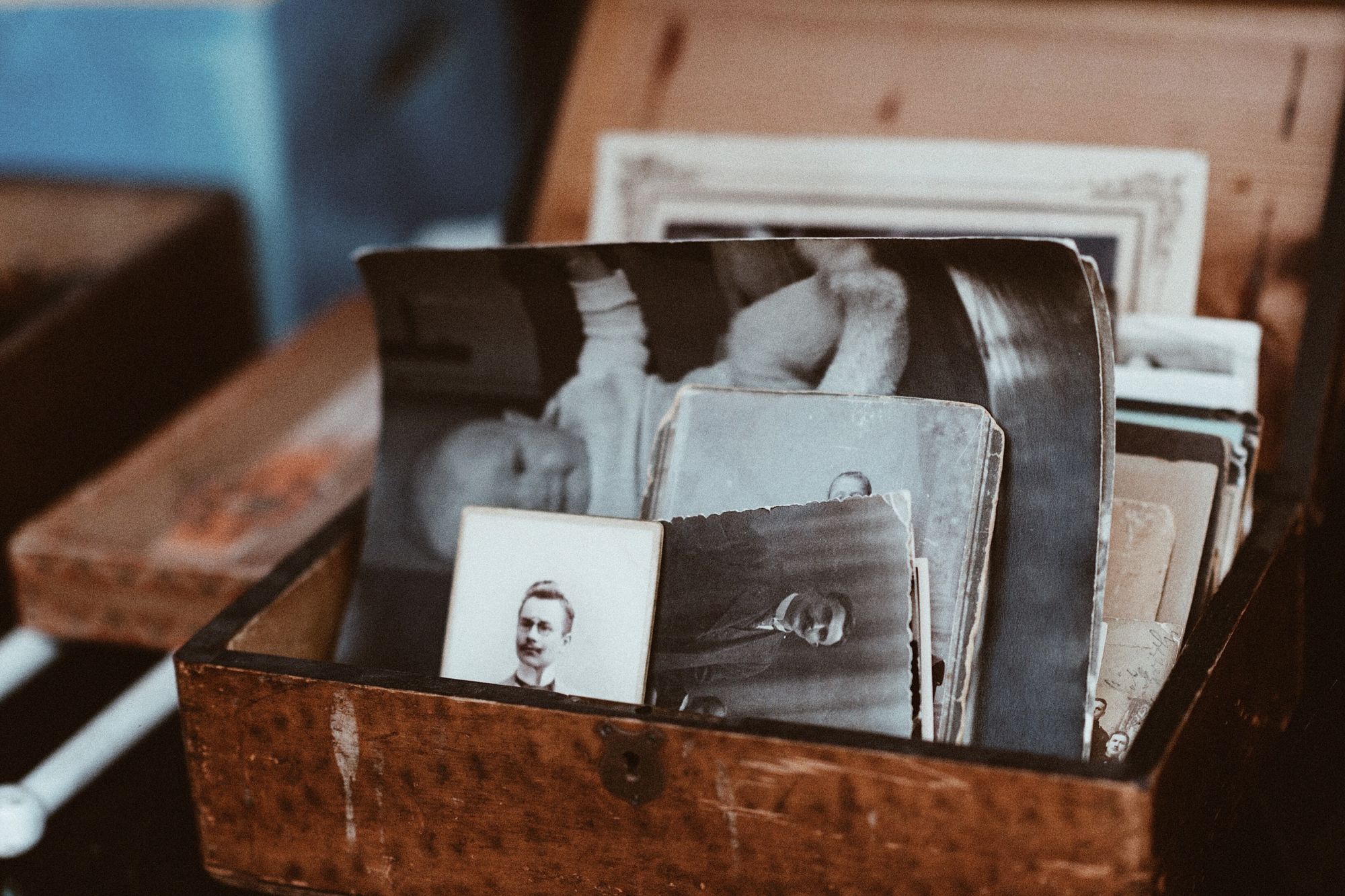
For someone with dementia, a conversation about who they are and were, rather than about their illness can be a positive activity. You can do reminiscence work by using photos, music, objects, or other stimuli to create a conversation of remembering details of a life. Make a memory or rummage

Apathy is described as a lack of interest or a persistent loss of motivation to do things. It can be difficult to find appropriate activities to engage in, when the person you are caring for are suffering from apathy. However, engaging in activities will be beneficial for maintaining physical and

Sometimes, a person with dementia can lose their interest in recreational and leisure activities they used to enjoy doing. The person might find the activity difficult and tiring, which can cause feelings of frustration or anger. Memory impairments can reduce the person’s ability to start or complete the activity.

Dementia has cognitive, behavioural as well as physical symptoms. To maintain physical function and decrease boredom and frustration as causes of challenging behaviour, it is important to keep active for people with dementia. Physical activity can provide a welcomed distraction from the stress of the illness and help the person

Baking or cooking can be a good way to maintain mental and physical function. Following a recipe from finish to end might be too challenging. However, by splitting up the recipe to smaller tasks, the person with dementia might be better equipped to participate. Baking a bread can be broken
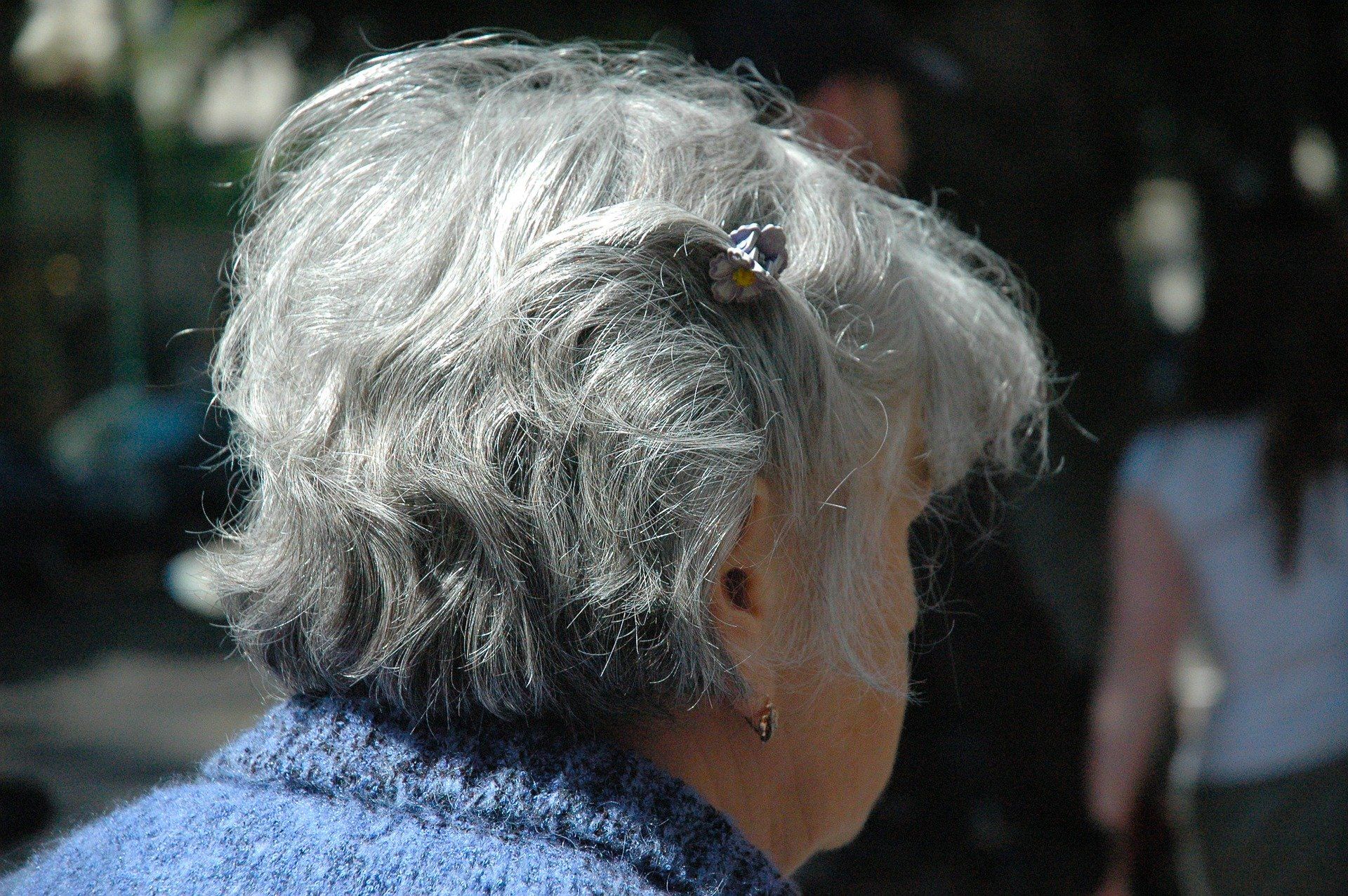
Appearance is part of who everyone is, and everyone has their own grooming routine. As a part of the normal routine, it is beneficial to encourage the person with dementia to do as much as they can by themselves by guiding and assisting them. Sometimes, however, imitating a hair salon
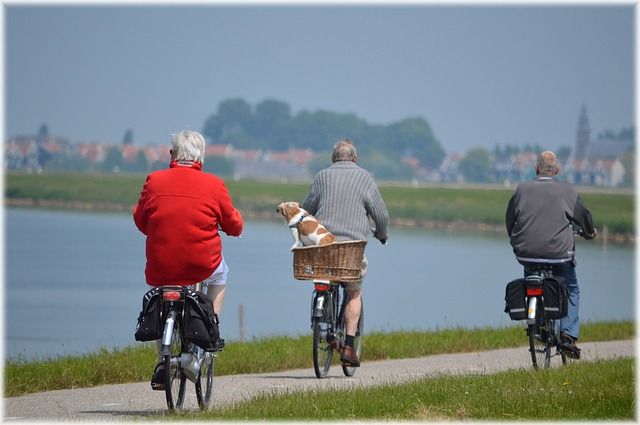
There are many opportunities out in the community to find activities and meet other people at the same time. This can be at a place of worship, an art gallery, museum, concert hall or theatre, a community group, leisure centre or at the local pub. Some community venues organise events

Both physical activity and listening to music have a positive impact on people with dementia. Why not try combining the two? Dancing is not only the art that professionals do in a ballroom. To be technical about it, dancing is moving rhythmically to music. If the person has functional impairment,
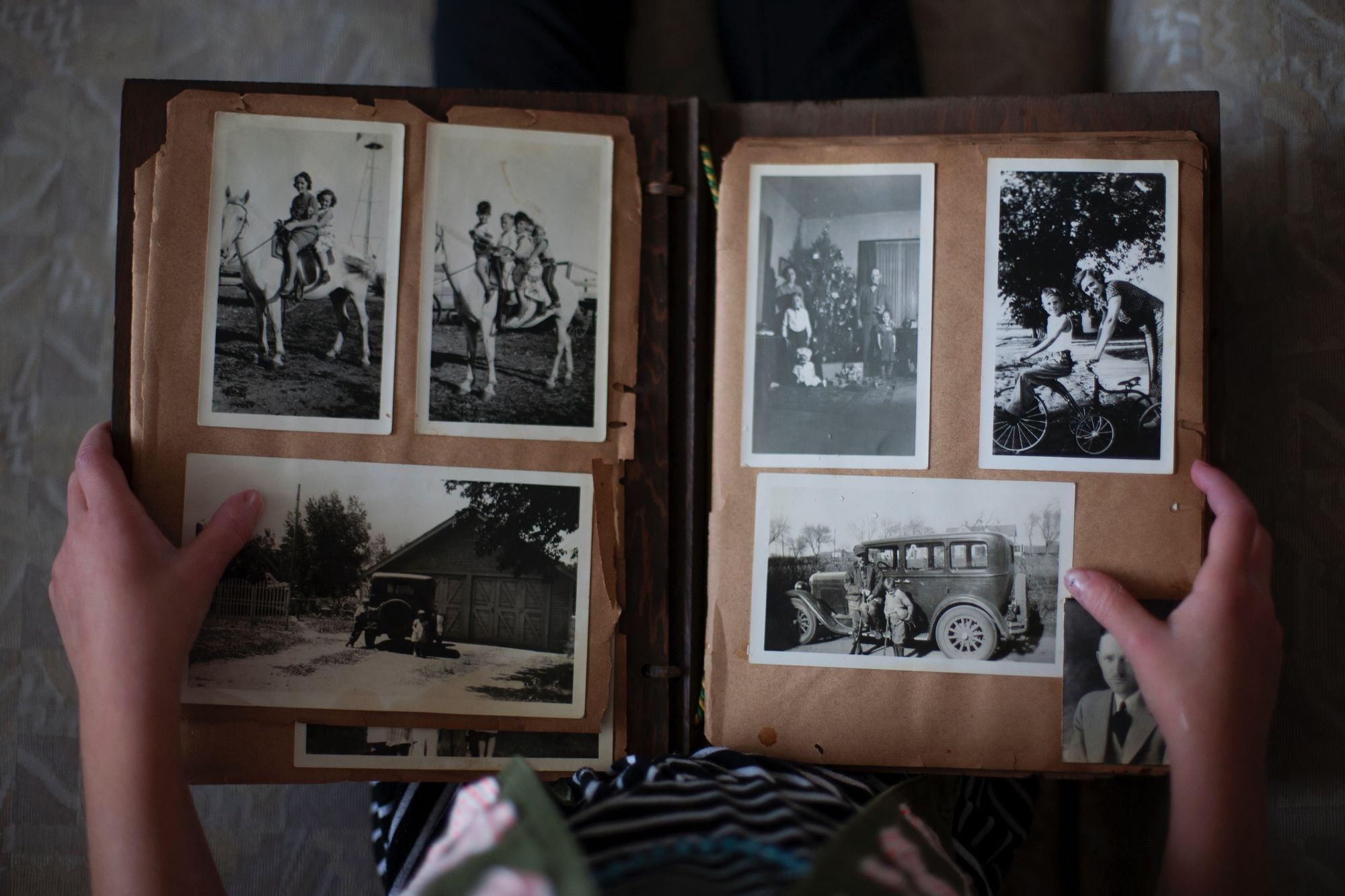
Find images from past events, celebrities, sport championships and people that used to be in the media. Try to not make it into a quiz. Instead of saying: Do you remember where this is from? Another approach could be “I remember when Anisoara Cușmir-Stanciu won the gold medal in the

There are many activities involving plants people with dementia might find enriching. Depending on the season, you can find different activities appropriate. In the spring, you can prepare beds and borders for planting, plant seeds and plants, cutting grass, watering, rake leaves etc. If there is a view towards a

Older adults, especially those with dementia, might have difficulties with everyday activities, but they still need to feel successful at something. By engaging in failure-free activities, they always come out “right”. Try to ask the person to fold towels, clothes or other fabric. The result of the folding is beside

5-10 minutes of hand massage can create a welcoming calm moment for you and the person with dementia. It can strengthen the relationship, as well as decrease agitation immediately. Physical touch from others are often lacking as dementia is increasing, and hands are a familiar way to be touched for

Swimming can be a great way to stay active and socialize. In addition, the water can feel calming on the skin. Try to visit the local pool or beach. Ask if they have any classes the person you are caring for can attend. If they don’t, or you want

Especially towards the later stages of the dementia disease, an important part of enhancing quality of life for the person with dementia is creating moments of joy. Elements from nature have shown to have a positive impact on well-being among persons with dementia. Sitting outside and enjoying a nice drink

It can be nice to catch up and stay in touch with those close to the one you are caring for. Many people tend to isolate themselves when facing dementia. It can be wise to talk to the visitors about the situation beforehand, and limit the number of visitors and

For some, it is important to continue to maintain religious traditions. For many people, religion has been an important part of their life since they were children. The person you are caring for might still remember prayers or hymns. Religion and spirituality can be fulfilled almost everywhere. Doing prayer together

You can create a personalized play-list and place it on an electronic device (iPods, smartphones, etc). Creating the playlist together might be a fun activity. Later, you can bring forth the playlist you created, and listen to it together.

In the early stages of dementia, the pleasure of the written word can be enjoyable. Listening to audio books can help close the gap for those having trouble reading. Try to find books or podcasts without too many twists and turns. Radio shows can be a nice, as they are
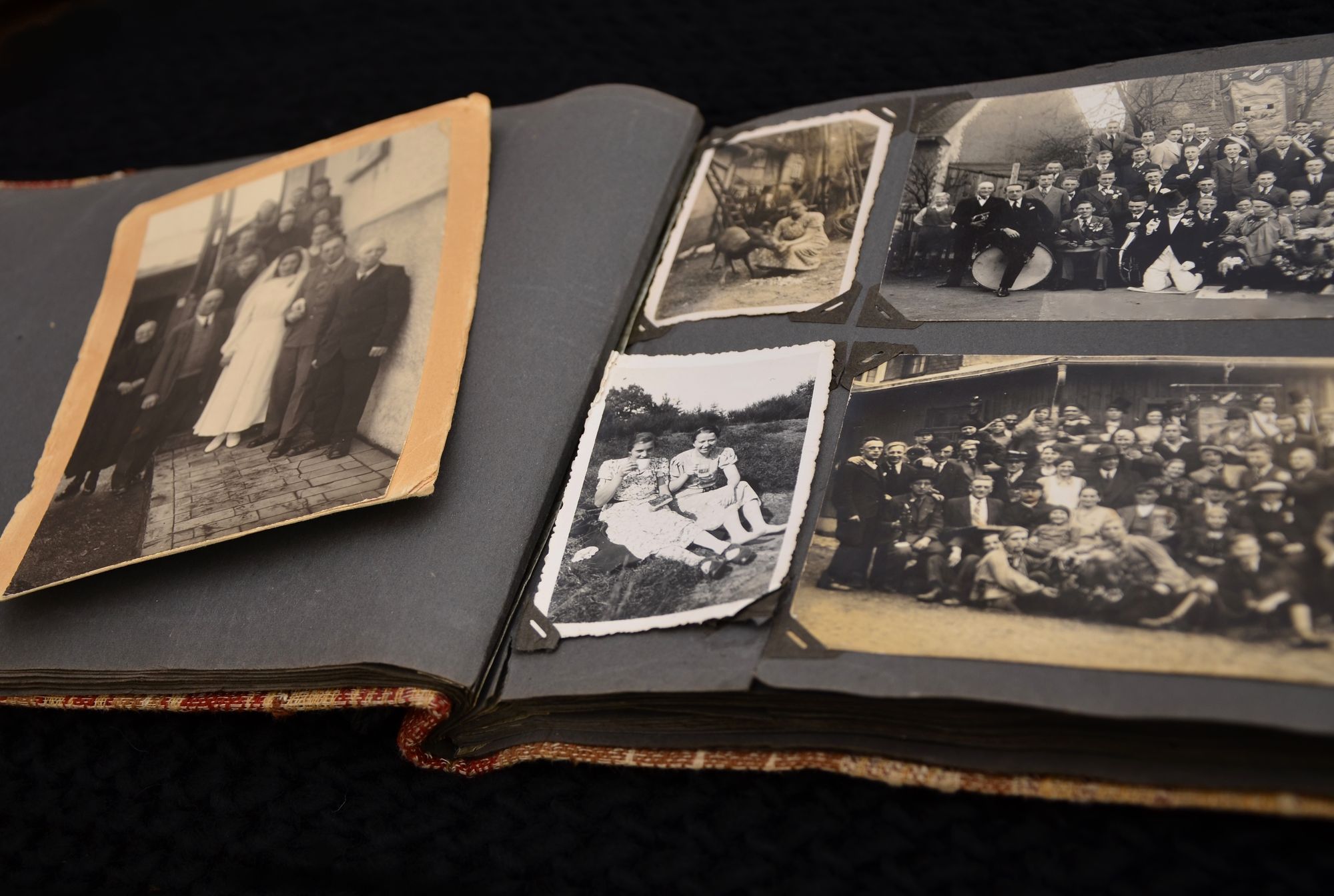
Looking through and talking about people and places can be a way of doing reminiscence work. Talk about what you see in the pictures, and avoid asking questions making it into a quiz. Remember that talking about the past can trigger strong emotions. Make sure you allow the person you
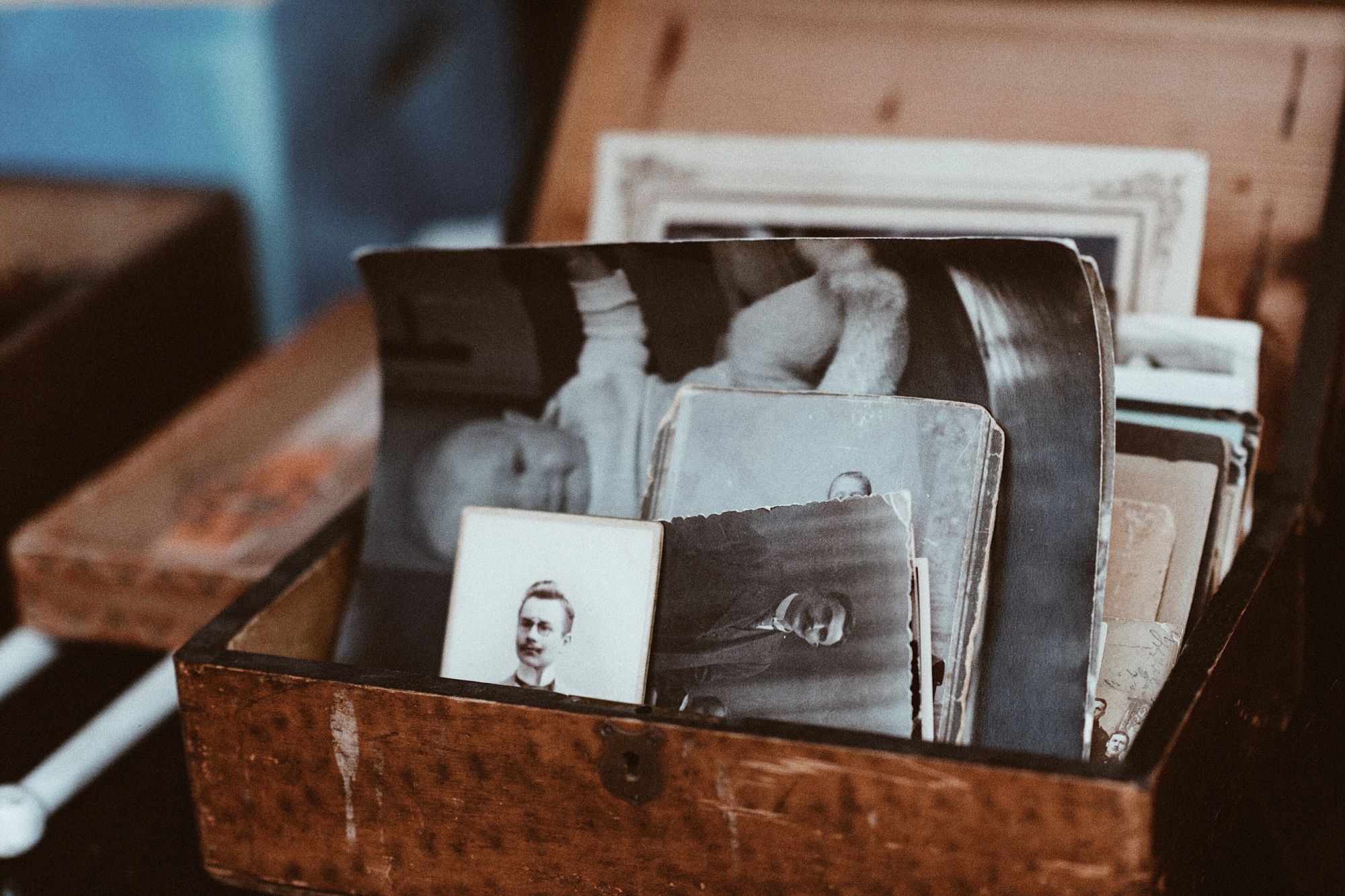
Rummaging can be distracting and difficult to handle for you as a caregiver. Attempting to stop the rummaging can cause agitation, paranoia and can make the person even more determined to do it. Try to make it into an activity! Filling boxes or drawers with things they are attracted to,
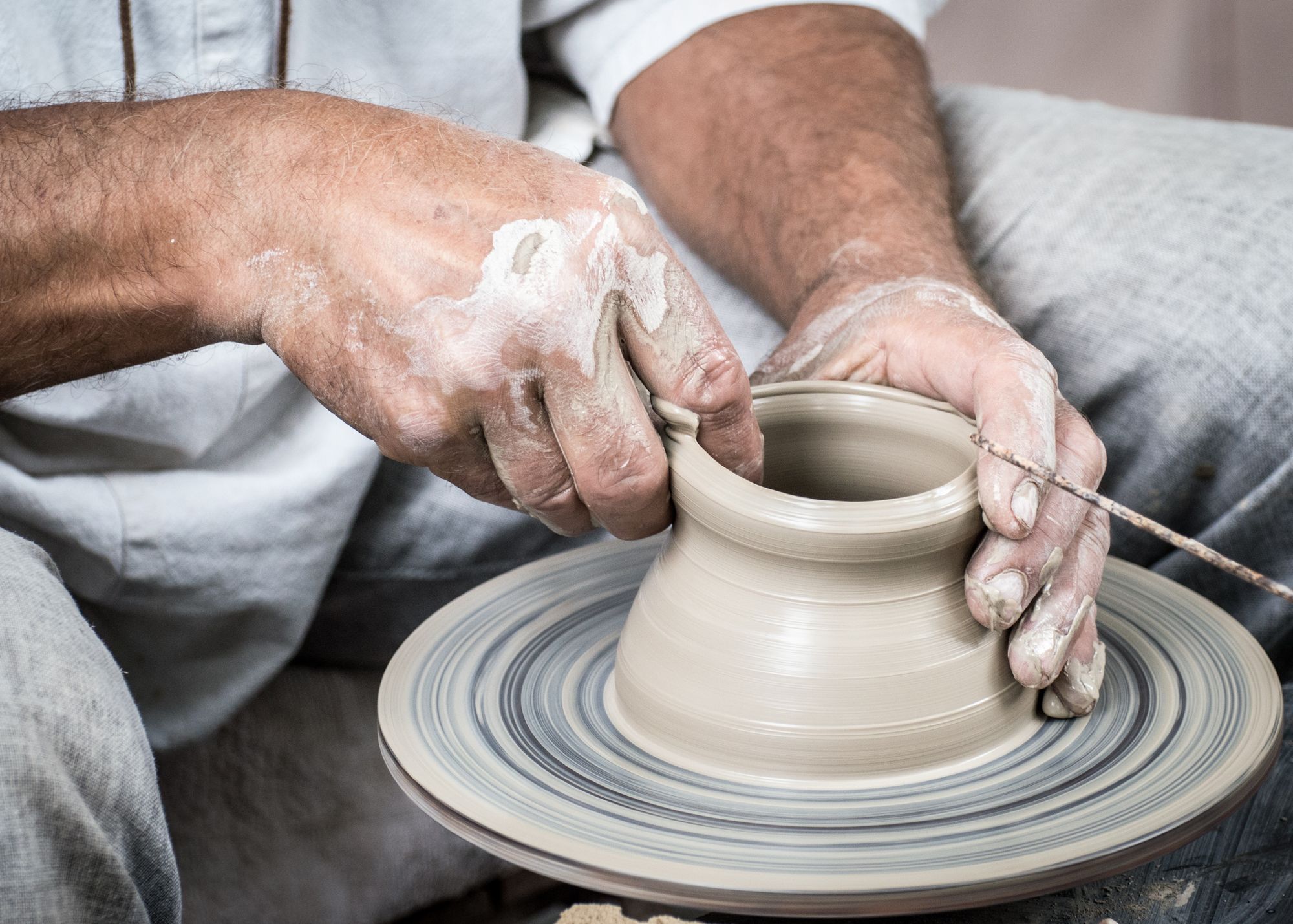
Get creative! Drawing, collages, painting, photography, woodworking, jewelry making; only your imagination sets limits for how you can make art. It can be a nice way to stimulate creativity, and facilitate a good time spent together. Depending on what the person you are caring for needs, you might need to

Easy family games such as lawn games can be a nice distraction from the stress of dementia. You can try horseshoes, croquet, boccia, cubbs etc. If the season or the functional status of the person demands you to stay inside, look for indoor versions at the toy store for bowling,

Animals can be great topics of conversation, evoke activity, as well as provide comfort. Stroking a hairy pet can be calming, and interacting with pets can encourage play and activity. Following a dementia diagnosis is not a good time to introduce a new pet to the household. Pets can be

Setting the table can be a both physically and mentally challenging task, when a person has dementia. However, tasks with the right amount of challenge is beneficial to keep mental and physical function. Ask the person to help you, and clearly state what you expect from them. “Can you help

In the later stages of dementia, when you cannot do the activities you used to, try to communicate through the senses. Some of our strongest memories are triggered by odor. However, the ability to smell decreases as one gets older. Find herbs, spices or other foods with a predominant smell.

Walking is a good source of exercise, pleasure, and independence that needs to be supported for as long as possible. It is free, it does not require specialist equipment, and distance and time can be varied to suit everyone. Many people living with dementia are capable of walking to (even

Do some research into your local facilities. Many museums offer dementia-friendly exhibitions, workshops and guiding. If the venue has not published anything on the topic, it can be helpful to contact them. They can help you adapt experiences to suit better for persons with dementia. Sharing experiences of culture can

Animals can be great topics of conversation, evoke activity, and provide comfort. Stroking a hairy pet can be calming, and interaction with pets can encourage play and activity. Following a dementia diagnosis is not a good time to introduce a new pet to the household. However, you might know of

Gathering in front of the TV can be important for social contact and togetherness during progress of the disease. For people with dementia, watching TV alone seems to be less important as a leisure activity, but the closer others are, the more it affects joy in watching. Familiarity with the
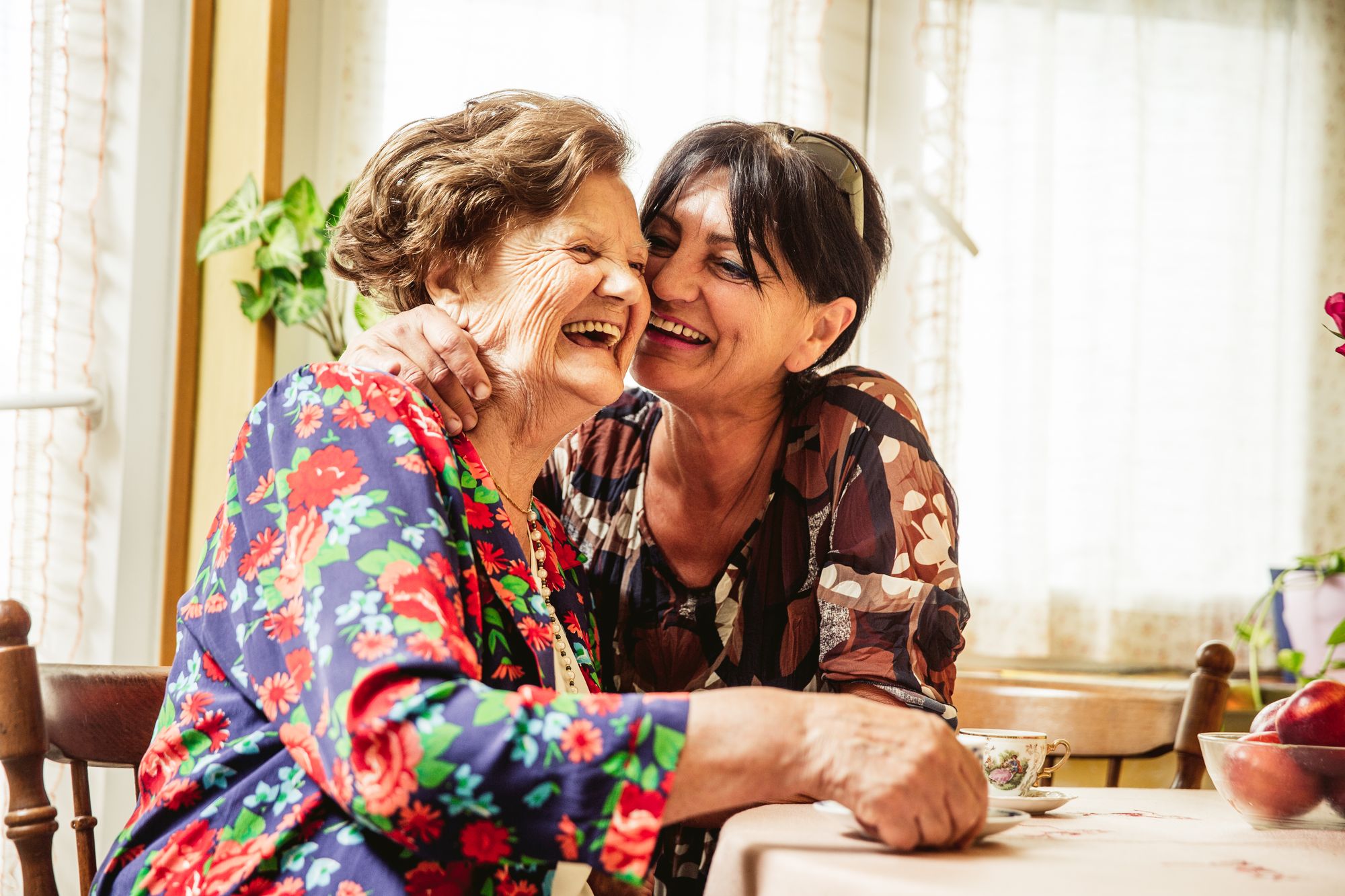
Many of those suffering from dementia avoid interacting with family members or friends, as they are recognizing their decreasing abilities and functioning and in turn are embarrassed or frustrated. The reversal of roles, where children are taking care of parents can make some isolate from social interactions with them. In
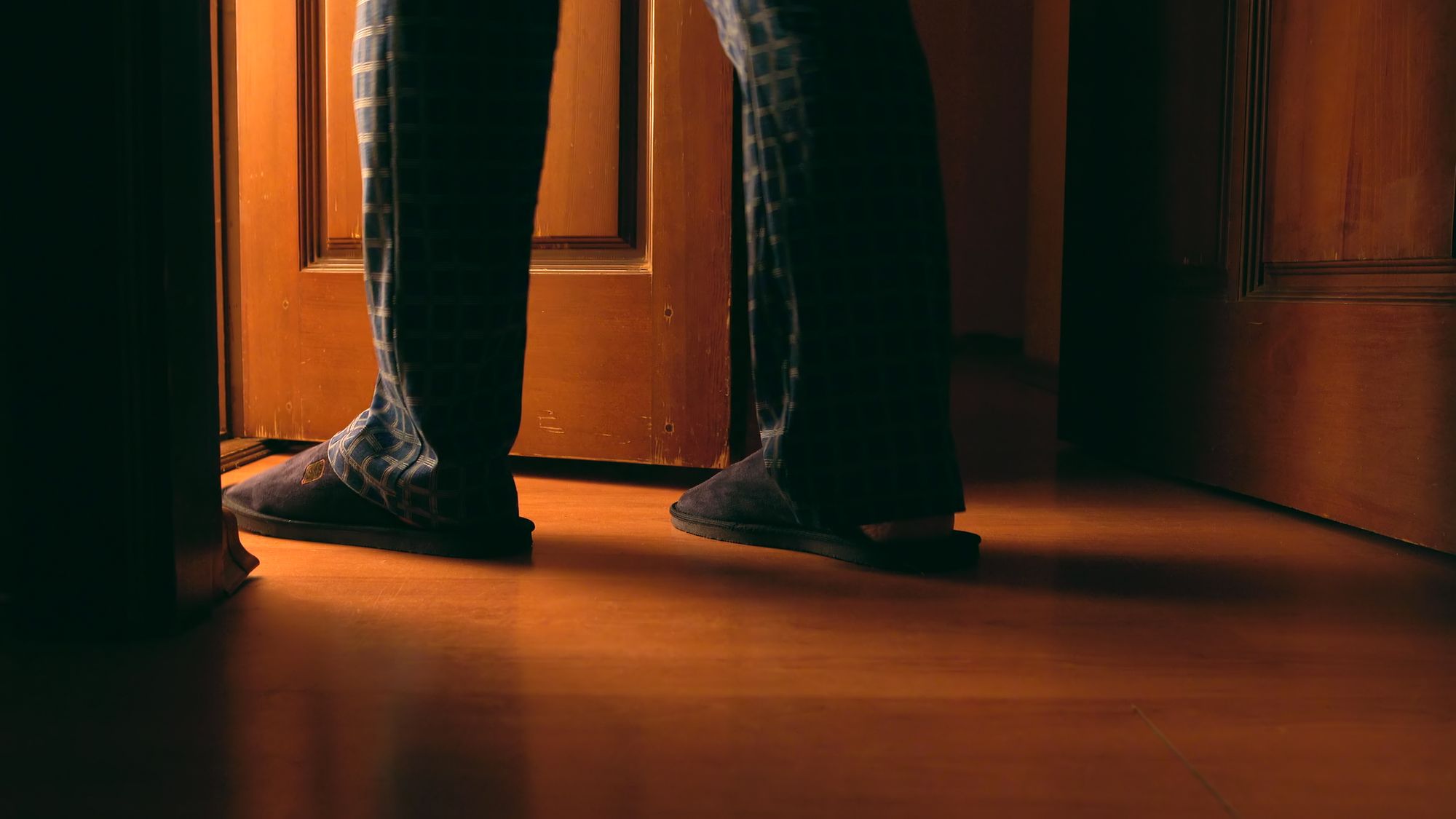
Wandering is common amongst people with dementia. Wandering may seem to be without aim, but people with dementia may have forgotten where they were going or what they had planned to do. It can be stressful to watch over somebody who wanders and you may feel concerned about their safety.

In this article, we will present an overview of different technological tools that can enable activity for the person with dementia. The technological tools are not required to enhance activity, but can be tools in doing so. Locator devices (GPS). If the person with dementia enjoys walking or moving outside,
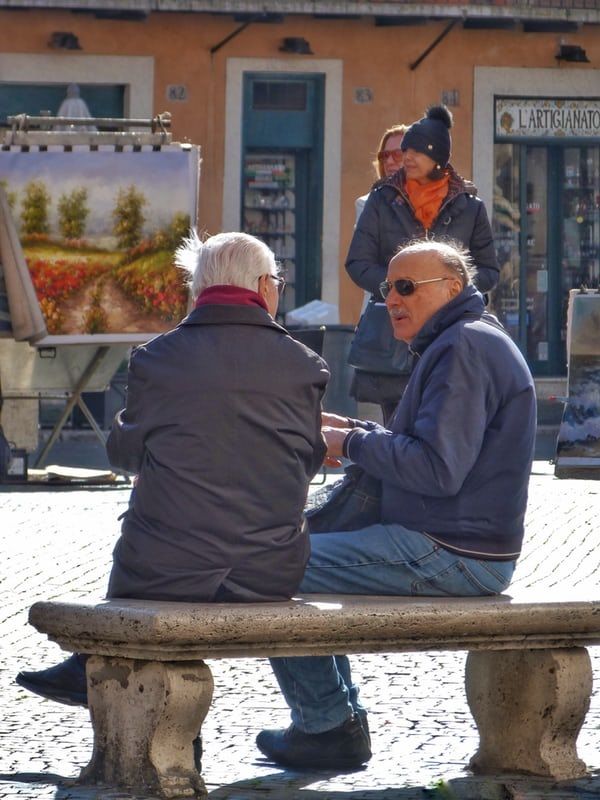
Involve the child. Try to find ways to involve the child in providing care, or just allow them to spend time with the person. This can help to make the situation seem more normal and prevents a feeling of being left out. However, it is important to let them continue

Suspicion and/or delusion can occur at any stage, but often occurs towards middle or late stage of dementia. Delusions are firmly held beliefs in things that are not real. This may result in the person becoming suspicious of those around them or even accusing others of stealing and other
Living in one's own four walls for as long as possible - that is the wish of most older people. There is an increasing demand for aids that enable people to remain in their own homes even in old age. New technologies are becoming increasingly important. Age-appropriate assistance
Sleeping problems and experiencing a disturbed sleep pattern is common for people with dementia. The person might wake up several times during the night or change the pattern for waking up or going to bed. It’s not unusual that persons with dementia lose the ability to distinguish between night
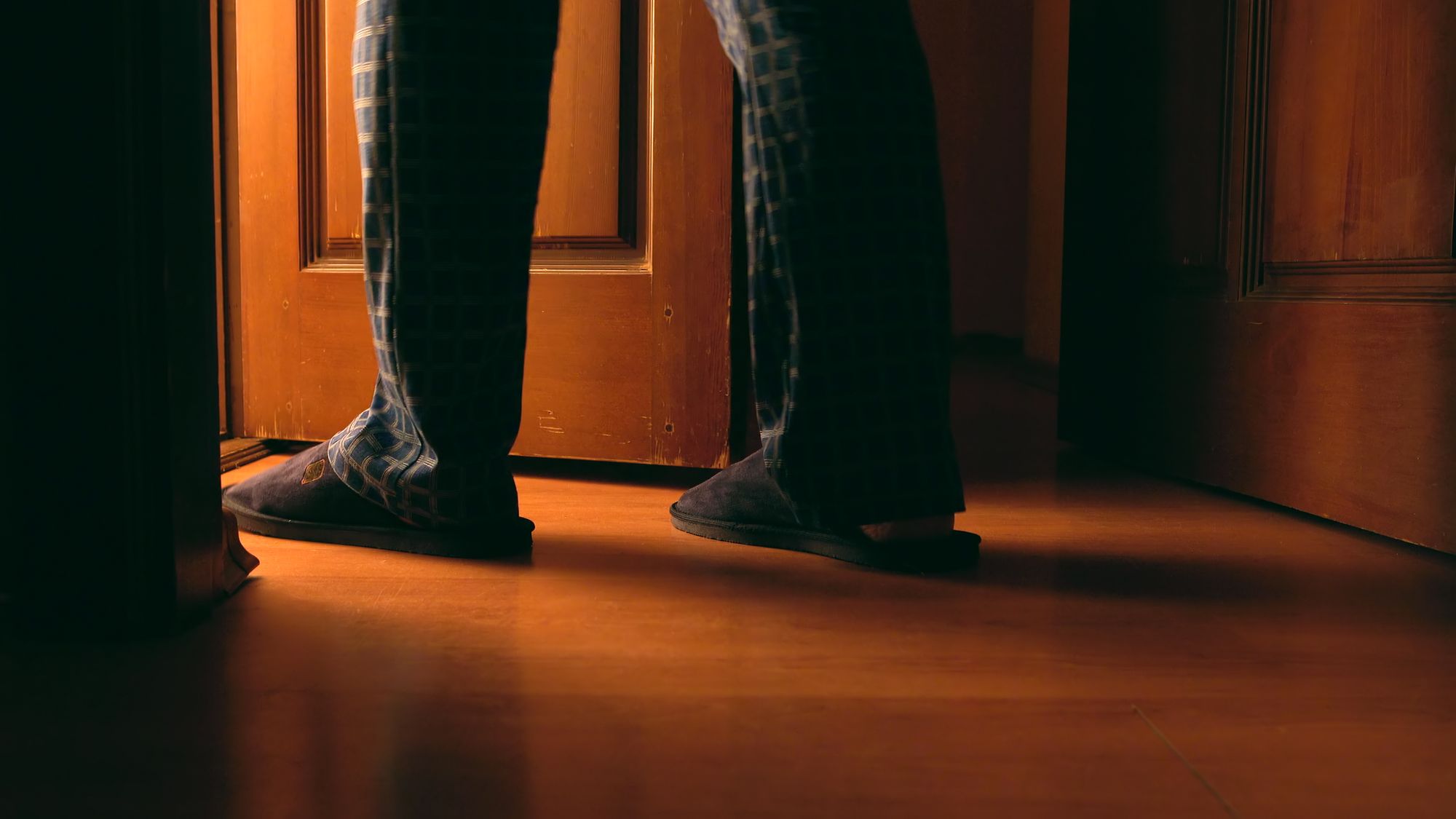
Restless behaviours such as fidgeting, pacing, moving or rearranging things and agitation may occur in people with dementia. This kind of restlessness can be caused by pain or discomfort, depression, constipation, hunger, thirst, need of the toilet, anxiety or boredom or something in the environment. It’s not always easy
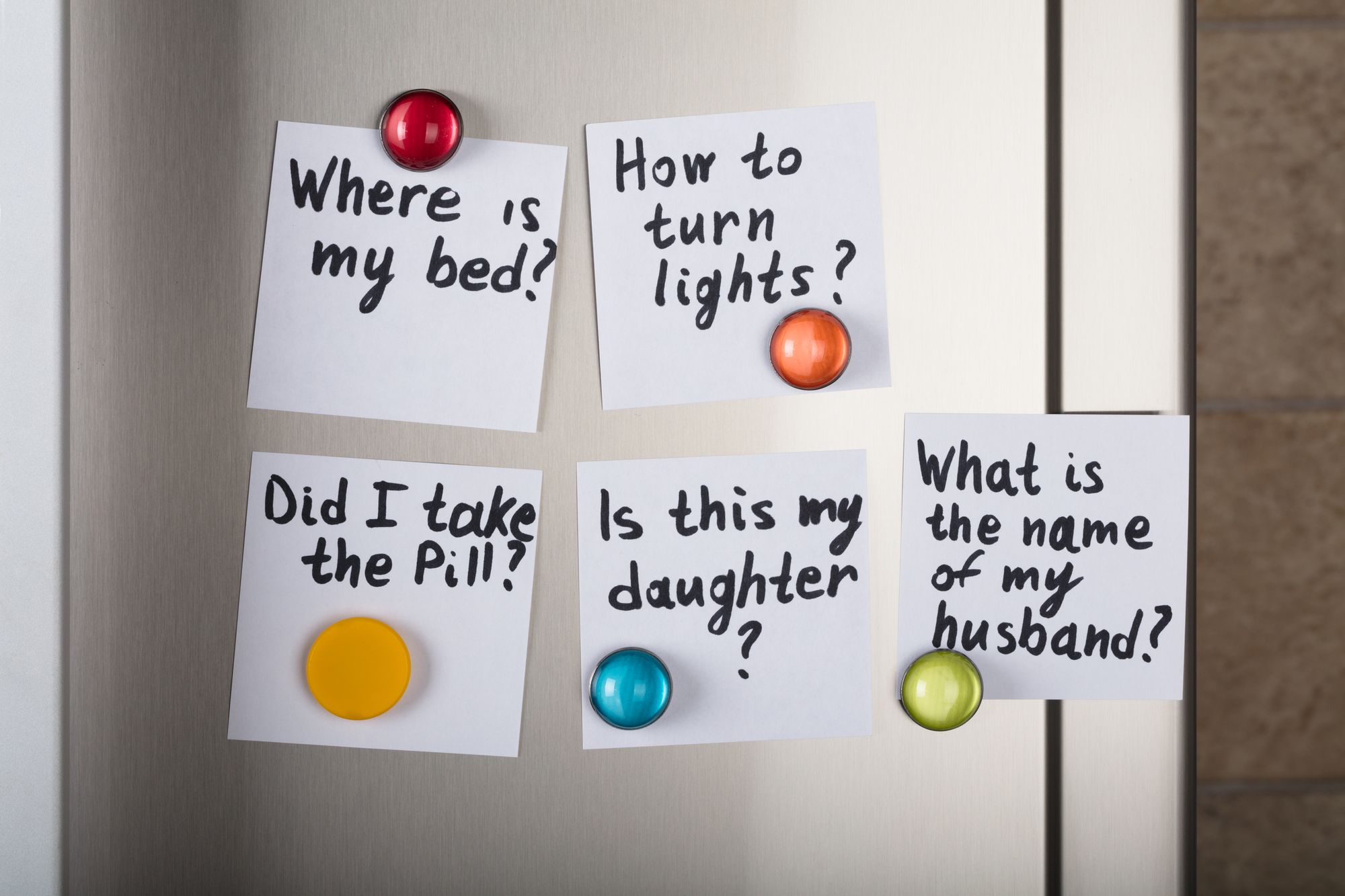
A person with dementia may do or say something over and over. This can be repetition of a word, question or activity or undoing something that has just been finished. Try to remember that the person with dementia is not intentionally trying to annoy you, but is most likely looking
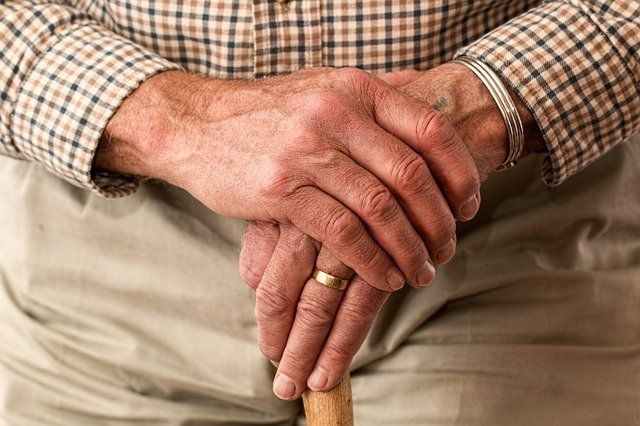
It is common for people with dementia to deny accepting care. Different stages of the disease can cause different reasons for this to happen, and it can feel discouraging for you as a caregiver as your intentions are good. One aspect is accepting the reality of the disease. They might

Caregivers of people with dementia generally identify three transition in the trajectory of the disease: the time of diagnosis, when they realize a need for formal care, and when the person cannot live in their home anymore. It can be difficult to know when the time is right to move
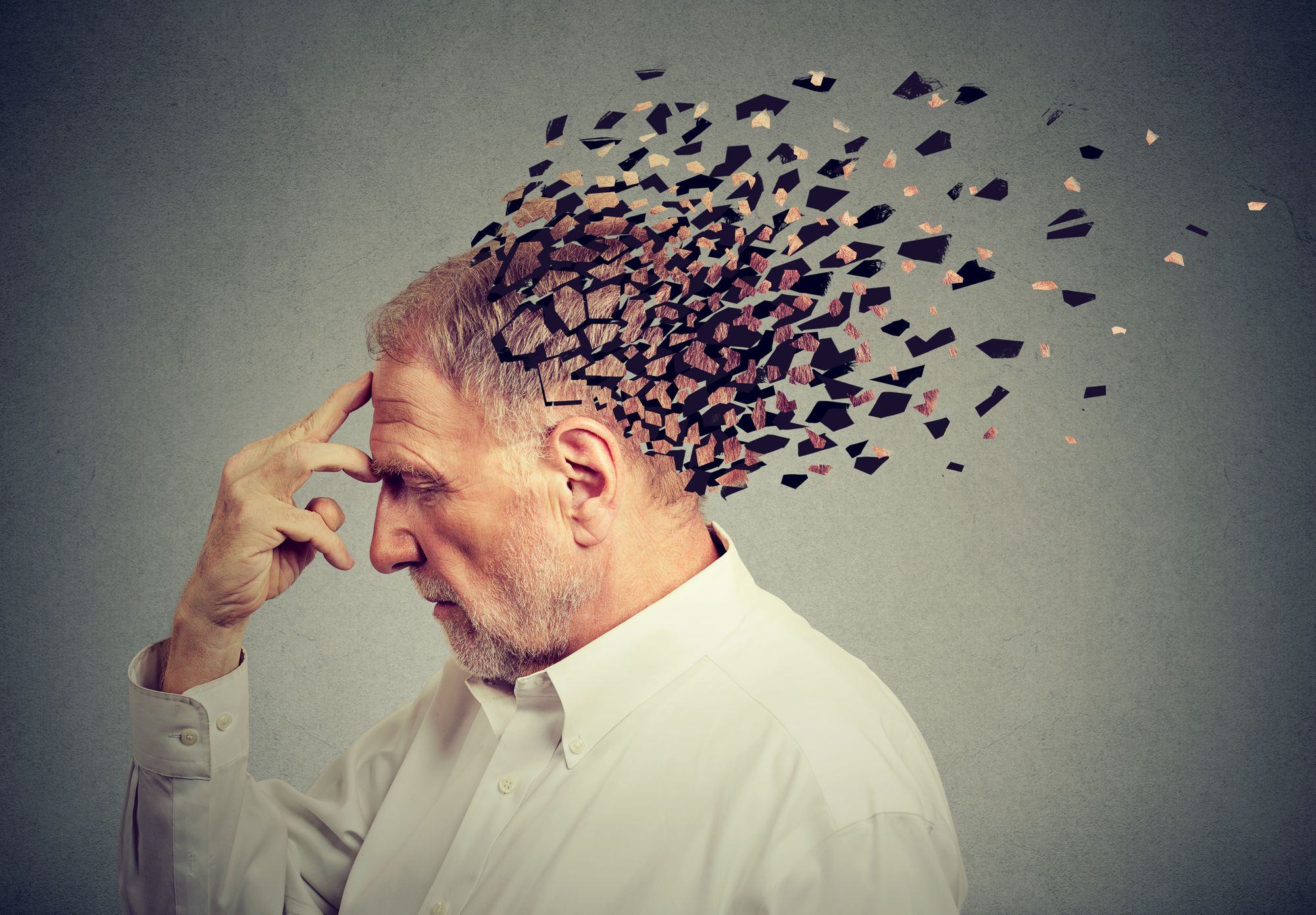
Memory loss is one of the most common symptoms in dementia. Usually, the memory gradually becomes worse over time. You may experience that the person with dementia gets more and more confused or disorientated. Maybe the person forgets basic facts such as who other people are, where they are and

Caregivers of people with dementia generally identify three transitions in the trajectory of the disease: the time of diagnosis, when they realize a need for formal care and when the person cannot live in their home anymore. Transitioning from being the sole caregiver to involving payed support personnel can be

Mealtimes can become difficult as dementia progresses. It is not uncommon for the person to either eat more because they have forgotten that they have eaten earlier, or stop eating because they do not remember to eat at all. You may experience that they eat with their fingers instead of

It’s not always possible to determine why a person with dementia choses to disrobe inappropriately. It is, however, possible to take note of when the person starts to fiddle with their clothes or tries to disrobe. Maybe you will notice a pattern. Try to find out if the person

People with dementia can search for things they believe they have lost and get upset about it. Sometimes they have forgotten where they put the item and sometimes the item doesn’t even exist but is a memory from the past. Hidden or lost objects can be a source of
The following is a list of selected services and points of contact for information on caregiving, support services and self-support in Austria: Alzheimer Austria: Antonia Croy, Obere Augartenstr. 26-28, 1020 Wien, Tel.: 01 / 332 51 66 Rotes Kreuz Ausbildungzentrum: Karin Eder, BSc, MSc; Tel.: +43/1/79 580-6401, E-Mail: karin.

A hallucination can include something you hear, smell or feel that does not actually exist. Hallucinations are usually perceived as unpleasant and can lead to fear and even to aggressive behaviour. It’s not easy to know how you should respond to hallucinations. Try to determine if the hallucination is
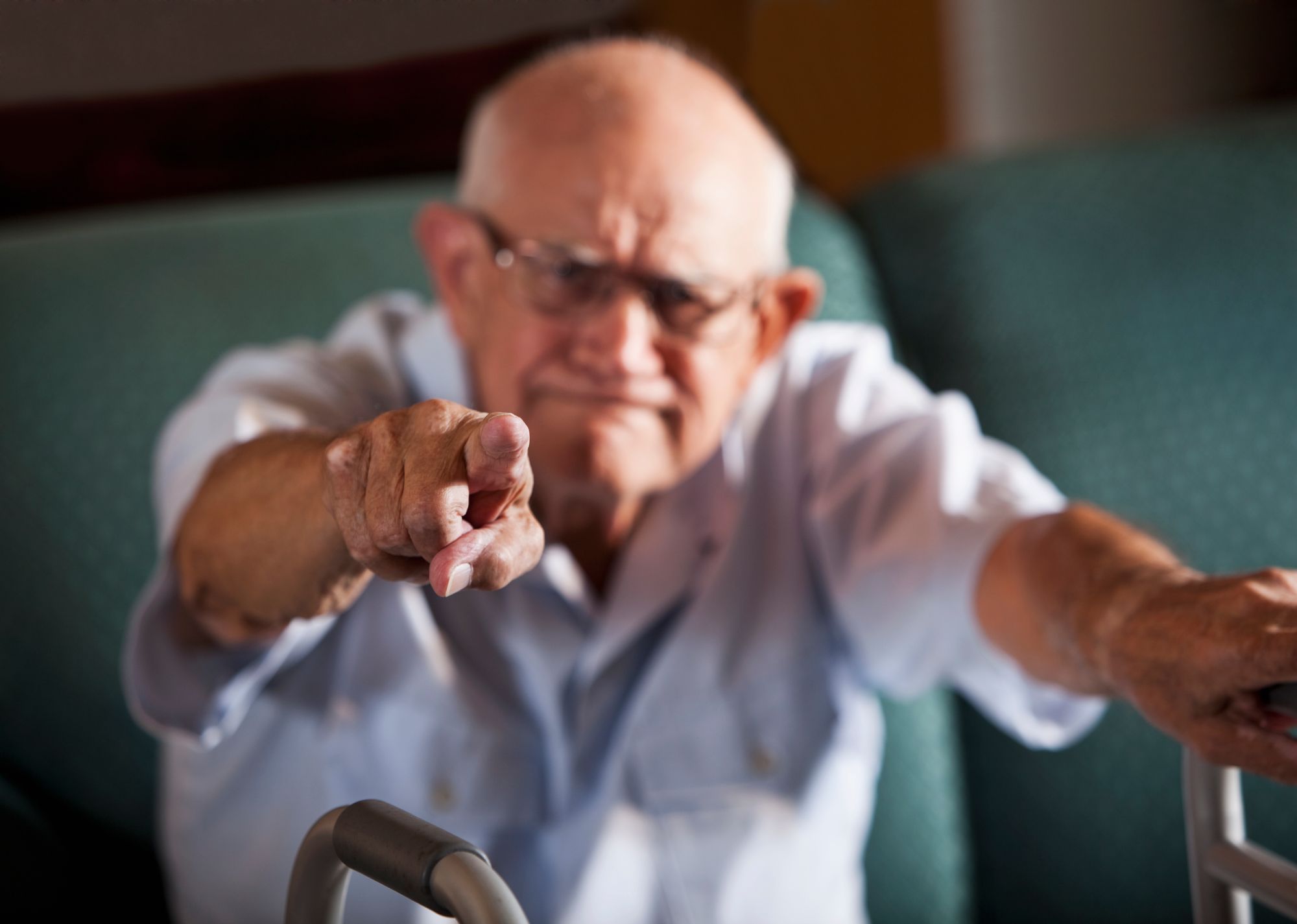
It’s not unusual that a person with dementia makes accusations against people around them at some point. Common accusations are stealing or that someone is trying to harm the person. It can be hurtful and distressing to be charged with false accusations from the person with dementia. The accusations

During the disease, a person with dementia may eventually lose the ability to recognise things, places or people. This can be because of memory loss, confusion or poor eyesight, but it could also be due to “agnosia”. Agnosia is when the brain no longer is able to remember things or

Everyone has a need for companionship and physical intimacy, and persons with dementia may display verbal or/and physical sexual advances to some degree. The reason behind the behaviour is not always sexually related, but could be because of confusion. Some sexual behaviour could be because the person has lost

As dementia progresses, the part of the brain which controls inhibitions can be damaged. This may lead to behaviour that feels inappropriate, strange or embarrassing for you. Occasionally, the behaviour is an attempt to communicate something or a sign that the person is confused or disoriented. Usually, the behaviour is
Often, people with dementia notice themselves that something is wrong. If they express their concern, the symptoms are often seen by those around them as a result of stress, overwork or as a temporary phenomenon. They then try to hide the deficits that occur and to help themselves with various

Driving is a complex task requiring concentration, attention and orientation, and at some point, driving will be a problem for the person with dementia. It can be upsetting for someone to lose a possibility to drive. Many caregivers, on the other hand experience a lot of stress related to this
Dementia can be caused by different changes in the brain. Complete recovery from dementia is often not possible. In addition to medical services, the use of digital care applications can help people with dementia. Digital care applications are programs that can be used as an app or web application on

Dementia is an overall term for abnormal chronic frailty caused by different diseases or damage of the brain. Over 100 forms of dementia exists, the boundaries between causes are indistinct, and mixed forms often co-exist. Generally, about 60% of people with dementia have Alzheimer’s disease, and 20% have vascular
Communication is a basic need for everyone, making us capable to express our wishes, needs and feelings. Our ability to communicate will affect quality of life, as well as our individuality and sense of identity. People suffering from dementia will at some point face challenges when communicating. You might already

Your patience can truly be tested if the person with dementia starts clinging to you and follow you around. Most likely, the person is trying to make sense of the world around them and may feel that you are the only safe and stable feature in their life. It is

Apathy can be described as a lack of interest in things or a persistent loss of motivation to do things. Apathy is much more common among people with dementia than in older people without dementia. The person might not do anything or want to do anything for a long time,
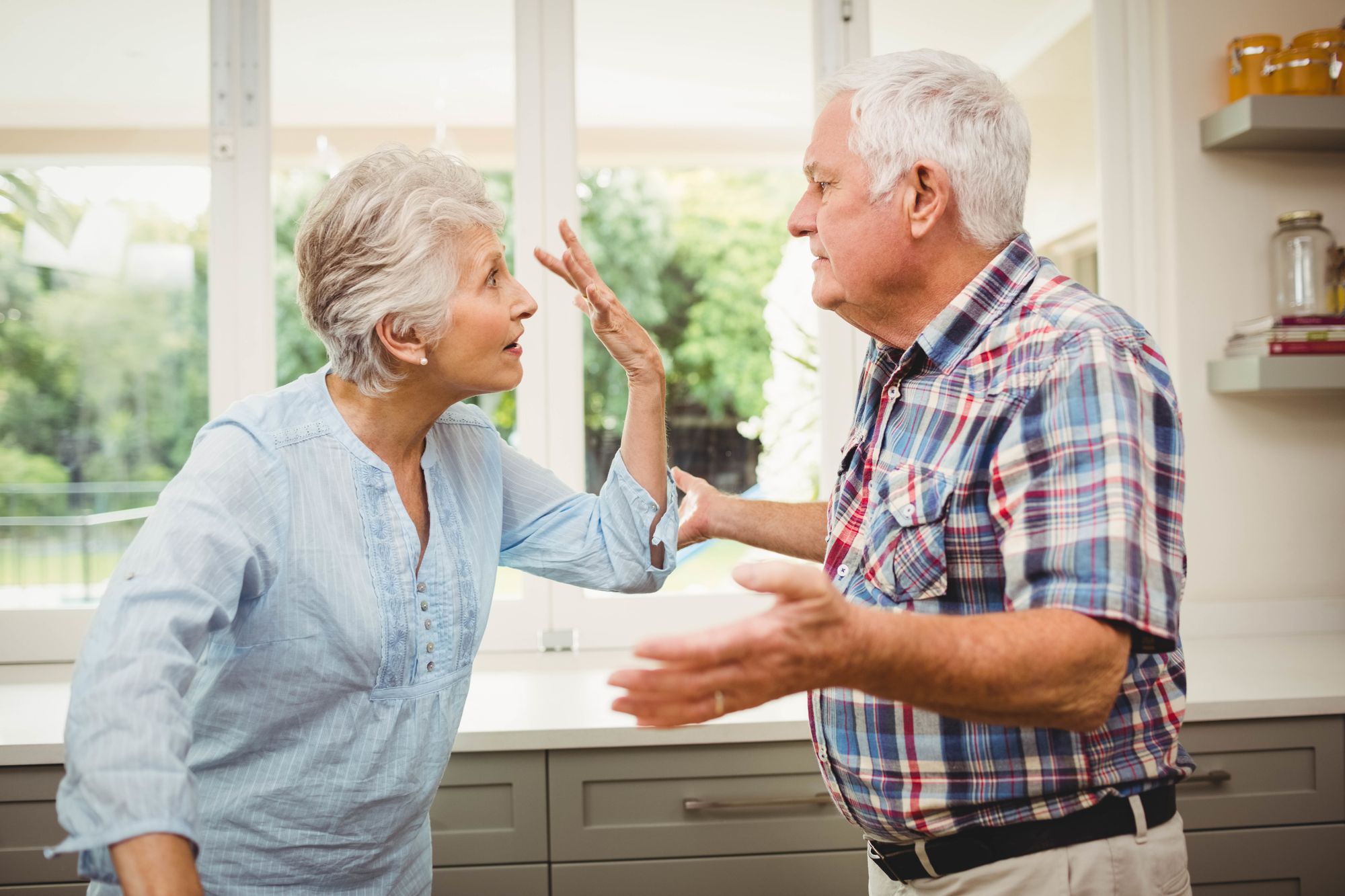
Verbal abuse is more common than physical aggression. The person may shout, curse or make accusations or threats etc. The person may become verbally aggressive because of frustration or because they misunderstand what is going on. Sometimes it can be because of physical pain, or overstimulation by loud noises, overactive
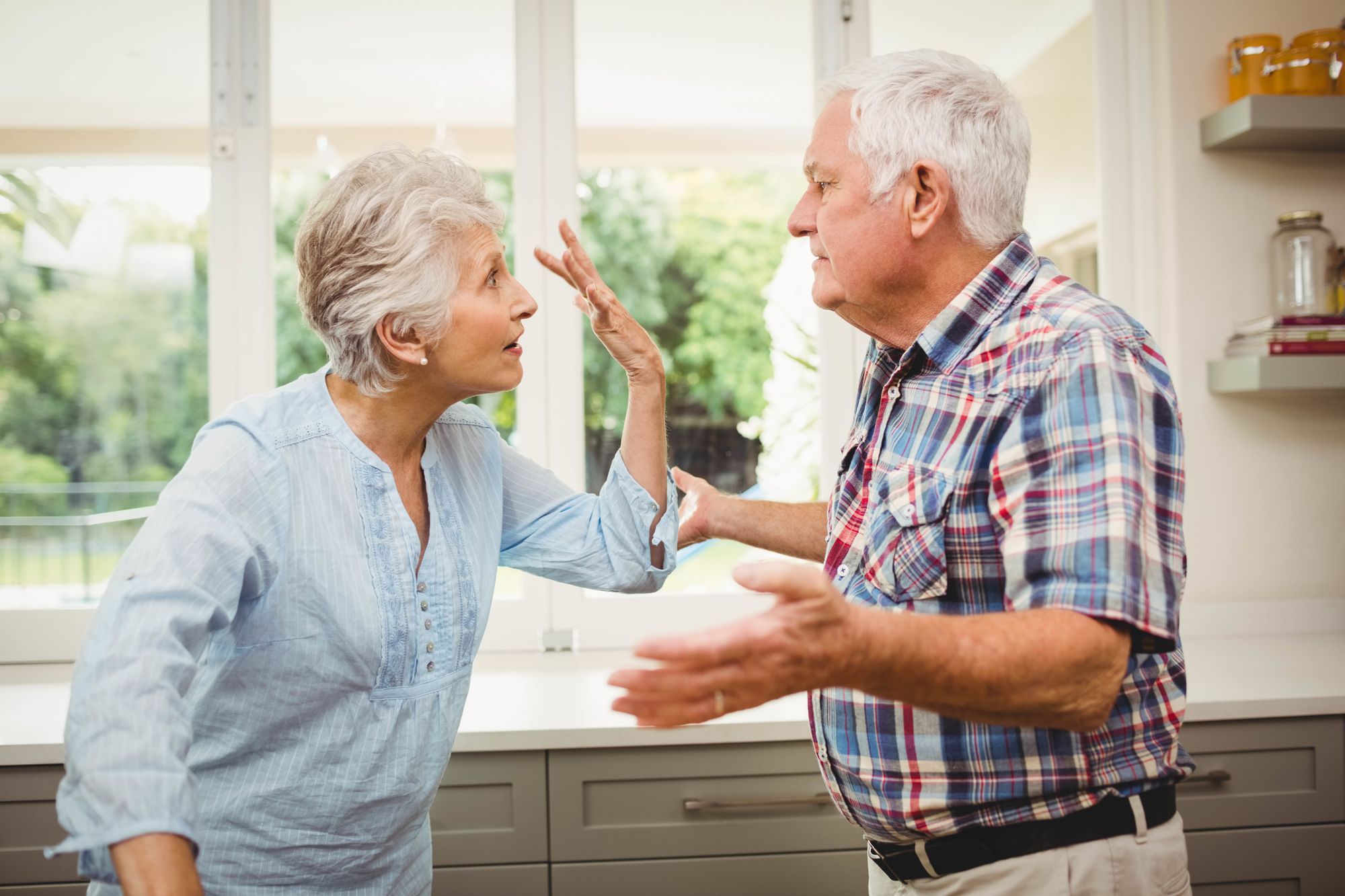
Some people can feel aggressive at times because of dementia. This can be quite shocking, and you might find it difficult to deal with. Try to remember that aggressive behaviour is caused by the disease. The person may become aggressive because of frustration because they are not able to do

A diagnosis of dementia will affect the person in question, their family and their friends. Accepting the diagnosis can be a lengthy process often accompanied by strong emotions. It is common for people to face a crisis following the diagnosis, however, not to say that no crisis is an abnormal
In the following video you will be guided through a yoga sequence. Short yoga practices can be a good way to relax and move one's body on a busy day. e.g. https://www.youtube.com/watch?v=qiKJRoX_2uo e.g.: https://www.youtube.com/watch?v=

No-one can care for someone with dementia alone over time, without help and support. Support groups can be helpful for finding encouragement, information and inspiration. In theory, you might know you are not alone, but meeting real people in similar situations as your own can be helpful. You will experience
In the following videos you will be guided through short relaxation sequences. Autogenous training and progressive muscle relaxation are well suited to recollect yourself before going to bed or in stressful everyday life and to forget the environment.

In the following video you will be guided through a meditation. Especially for those people who have little or no experience with meditation, this guided meditation can be a good help. A ten- or fifteen-minute meditation, as explained below, can help you to overcome your stress and find inner peace

When someone dies, it is normal to experience feelings of grief. It is normal to grieve that you cannot see the person again, that conflicts will not get resolved, and the dreams and expectations connected to the future are lost. When someone you love gets dementia, similar feelings occur, but

Dementia is affecting everyday life and can make many regular tasks seem increasingly problematic. Suddenly simple tasks like getting dressed, having a bath or making a cup of coffee gradually become problematic. For example, it’s no longer obvious what to put on first when getting dressed, how to use

For someone with dementia, a conversation about who they are and were, rather than about their illness can be a positive activity. You can do reminiscence work by using photos, music, objects, or other stimuli to create a conversation of remembering details of a life. Make a memory or rummage

Caregivers of people with dementia report of high levels of stress, which can lead to aggression and frustration towards the person they care for. Studies have shown that verbal abuse from family caregivers is common, and physical abuse occur. These behaviors are signs of overwhelmed caregivers. If you find yourself

AAL is a European programme funding innovation that keeps us connected, healthy, active and happy into our old age. We support the development of products and services that make a real difference to people’s lives – for those facing some of the challenges of ageing and for those who care
